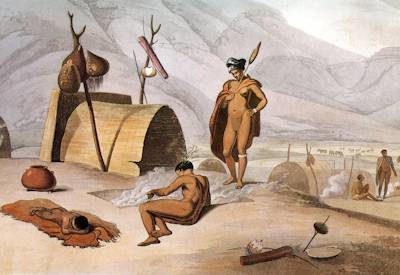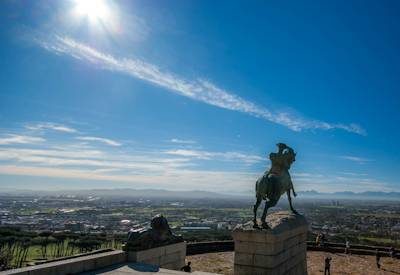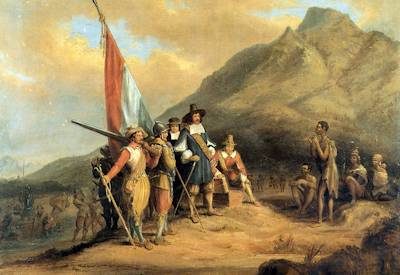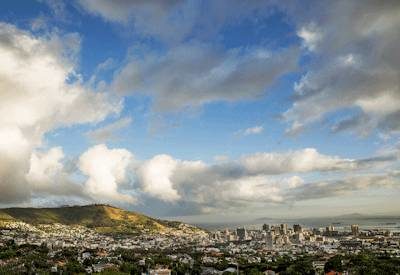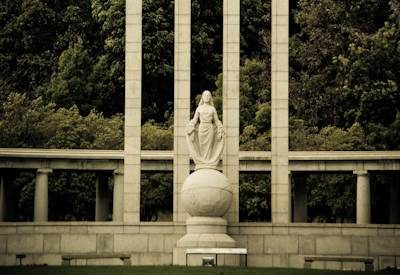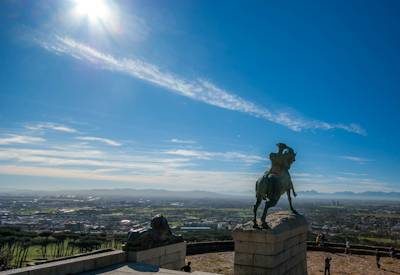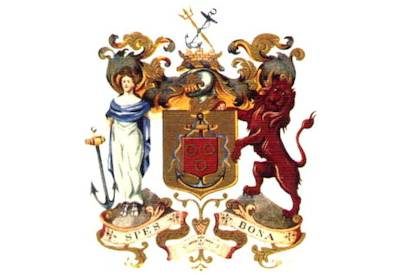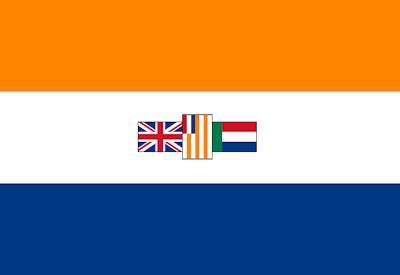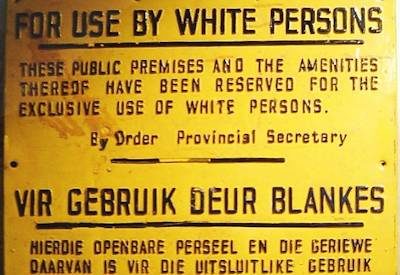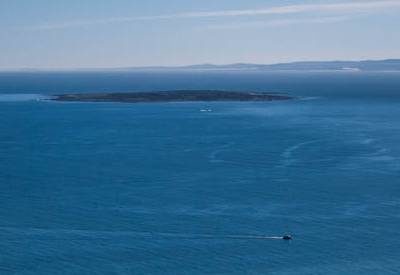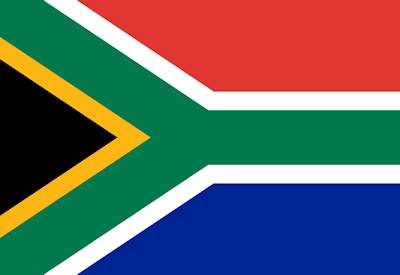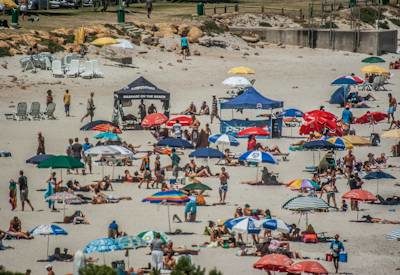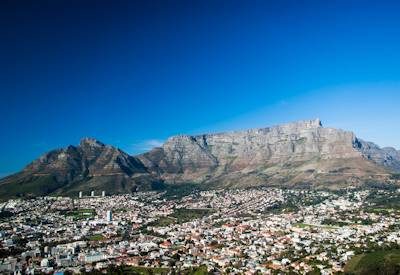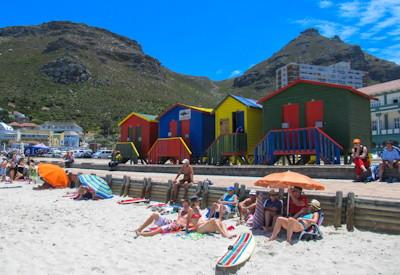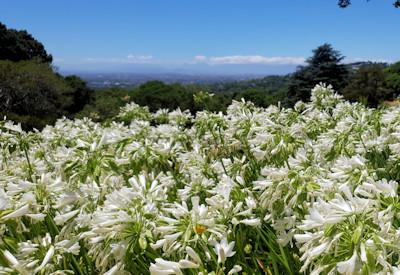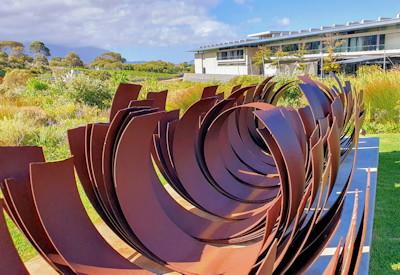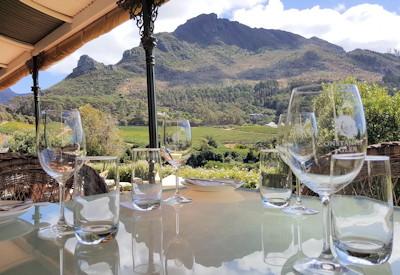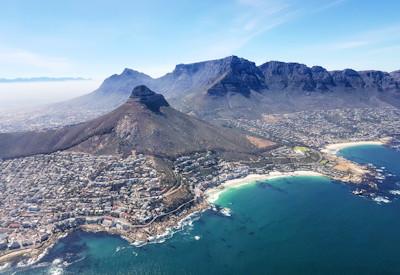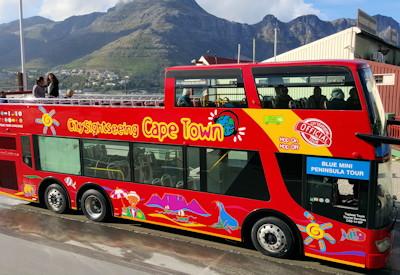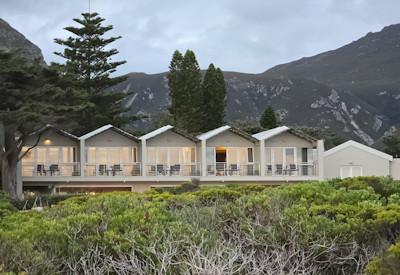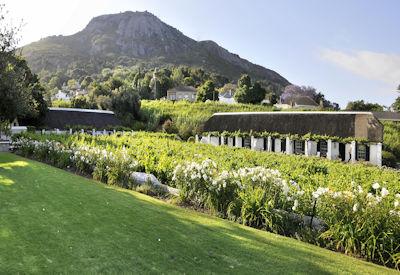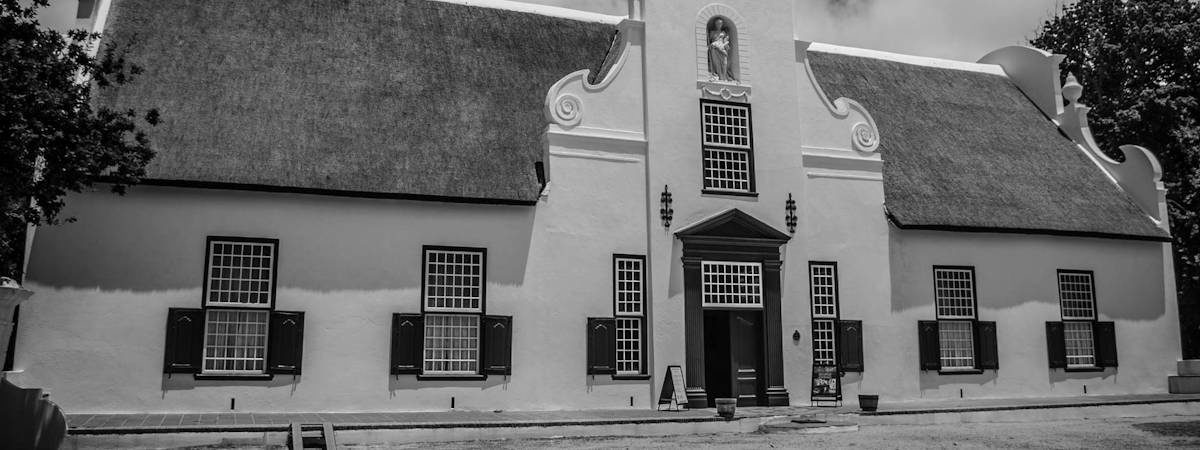
Cape Town History
Cape Town is not known as the "Mother City" for nothing. It is here that one comes across a 600-000-000-year-old mountain, it is here one can find fossil remains dating back 5 000 000 years. It is here that some of the earliest ever recorded communities lived in sight of Table Mountain 27 000 years ago, it is here that the first Europeans landed searching for a sea route from Europe to Asia.
Cape Town in many ways is where the history of Southern Africa was forged. Today Cape Town is a thriving modern city where most inhabitants have forgotten her rich history, join us here in Cape Town for a walk back in time.
Below is our very brief history tour of Cape Town and surrounding areas. If you feel we have left something out or something needs changing, please get hold of us and let us see what we can do.
History Of Cape Town
Khoi people

Khoi people some of the first inhabitants of the Cape, it is believed that Khoi migrated towards the Cape Peninsula around 2000 years ago with their large herds of Nguni cattle. The San people were also in the Cape around the same time, but with no written history it is impossible to say who was here first.
European Arrivals

Bartholomeu Dias, a Portuguese explorer, was the first known European to have sailed around the southernmost tip of Africa in 1488. Vasco da Gama was the next recorded visitor to the Cape in 1497. It was not until around 1652 when Jan van Riebeeck arrived that Europeans first inhabited the Cape.
Dutch Arrivals

Jan van Riebeeck established the first permanent European settlement in the Cape on the 6 April 1652; this was to supply the passing Dutch East India Company ships with fresh water, vegetables and meat. Simon van der Stel arrived in 1679 to replace Van Riebeeck as governor of the Cape.
Asian Arrivals

Asian immigration from current day Indonesia to the Cape started back in 1654; these Asians help form the current populations of Cape coloureds and Cape Malay as well as bringing in Islam to the Cape. They were brought to the Cape as slaves by the Dutch East India Company.
French Huguenots

In 1688 the first non-Dutch immigrants arrived in the Cape, and they were the French Huguenots who were fleeing anti-Protestant persecution in Catholic France. They fled to the Netherlands and were then sent to the Cape. They brought with them experience in wine making and formed the town of Franschhoek.
The English

The English military successfully invaded the Dutch held Cape Colony in 1795 with the "Battle of Muizenberg". In 1802 a peace agreement saw the Cape being returned to Dutch rule, however in 1806 at the Battle of Blaauwberg the British took the Cape back. The British took permanent control of Cape Town in 1814 and held it until 1960.
Cape Town Municipality

In 1839 a due to further political developments the Cape Town Municipality was formed, at this stage in Cape Town short history it had a total population of 20 016. Currently (2011 Census) the population stands at 3 750 000 inhabitants with a municipal area covering over 2 455 square kilometres.
Union of South Africa

Britain established the Union of South Africa in 1910 which saw the Cape Colony being merged with the Colony of Natal and the two defeated Boer Republics. This would later in history become the current South Africa that we have in front of us today with Cape Town as the legislative capital.
Apartheid

In 1948 South Africa introduced the world the Apartheid, a political platform that divided South Africans in 4 racial groupings as well as the Group Areas Act", a law that grouped areas of residence by race. All multi-racial suburbs of Cape Town were either purged of unlawful residents or demolished by the Government.
Robben Island

Robben Island translated into Dutch is "Seal Island". First inhabited way back in the Stone-age and since the 1600's Robben Island was used as a prison by the Dutch, English and Apartheid Government. Robben Island is where Nelson Mandela and other political prisoners were held; the island is now a museum.
The Rainbow Nation

Nelson Mandela made his first public speech in decades from the balcony of the Cape Town City Hall in 1990. On the 27th April 1994, South Africa had her first ever free and fair elections in which over 20 000 000 South Africans cast their votes, many for the first time in their lives.
Current Cape Town

Cape Town today is the top international tourist destination in the whole of Africa with visitors taking in all of her majestic beauty 364 days a year. Yes, Cape Town has her fair share of issues, but as Capetonians, we are working hard together to help this one of the best cities in the World.
Table Mountain

The rocks of Table Mountain are approximately 600 000 000 years old (6 times older than the Himalayas). Table Mountain was named in 1503 by an explorer named António de Saldanha; he called it "Taboa da Caba" (Table of the Cape), the Khoi people called her was "Hoerikwaggo" (The Sea Mountain).
Muizenberg Beach Cape Town
Muizenberg Beach in Cape Town, South Africa, is a beautiful seaside town that has experienced both decline and resurgence.
From the late 19th century until the 1960s, it was one of the most popular resort areas in South Africa.
In recent years, however, Muizenberg has undergone a transformation as law-abiding citizens have reclaimed the area and invested heavily in its revitalization.
Kirstenbosch, Boomslang Tree Canopy Walkway
Kirstenbosch National Botanical Garden is one of the most beautiful and diverse gardens in Cape Town. With its sprawling 1,300 acres of land, Kirstenbosch offers a journey of the senses with its vibrant flowers, lush greenery and an array of birdlife.
For those looking for a unique experience, take on the Boomslang Tree Canopy Walkway - an elevated walkway that provides stunning views across the gardens.
Norval Foundation South Africa
With its dynamic atmosphere and captivating art, Norval Foundation in Cape Town offers a unique experience for all ages who appreciate the beauty of art.
No matter who you are, the Norval Foundation has something to astound and delight! From spectacular exhibitions to an expansive sculpture garden featuring one-of-a-kind pieces, as well as a selection of educational workshops for kids - it is all here waiting.
Constantia Valley Wine Route
The Constantia Valley Wine Route is a stunning destination for wine lovers in South Africa. It offers an array of estates, each with its own special selection of wines and unique experiences to enjoy.
From the upgraded wine-tasting venue at Uitkyk Estate to Klein Constantia's "Beyond Restaurant", there are plenty of opportunities to sample some excellent local vintages. For those looking for something special, Groot Constantia is home to Cape Ruby port and Eagles Nest has partnered with the Western Cape Raptor Research Programme.
Helicopter Flight over Cape Town
Experience the beauty of Cape Town from a whole new perspective with an amazing Helicopter Flight over the city!
Get ready to take off and explore the stunning coastline, Table Mountain, Camps Bay Beach and more - all while taking in spectacular views that can only be seen from above.
Soar through the skies on a 12-13 minute flight or opt for one of the longer flights available to Hout Bay, Cape Point or even out to the Cape Winelands.
Cape Town Sightseeing Bus
Explore the stunning city of Cape Town in a budget-friendly and time-efficient way - The City Sightseer Bus.
This double-decker 'topless' red bus offers travellers several routes to take in all the attractions, including Blue Route from the City to Hout Bay, Red Route for Table Mountain Cable Car and Purple Route through Constantia Vineyards.
With the guided tour commentated in 15 different languages, this is a great day out for both kids and adults alike!
Unveiling the Charm of Abalone Guest Lodge: A Comprehensive Review
Welcome to Abalone Guest Lodge, a hidden gem nestled in the heart of Hermanus, renowned for its breathtaking sea views, luxurious accommodations, and prime whale-watching opportunities. This comprehensive review explores whether the lodge lives up to its reputation, offering an in-depth look at its amenities, services, and overall guest experience.
Dive in to discover if Abalone Guest Lodge truly is the pearl of Hermanus's hospitality scene.
10 Best Hotels In The Cape Winelands
Nestled amidst the rolling vineyards and majestic mountains of South Africa's Western Cape, the Cape Winelands region is a picturesque haven for wine lovers and travelers seeking tranquility and beauty. With its rich history, splendid architecture, and world-renowned wines, this enchanting locale offers more than just exquisite tastings.
For those planning an unforgettable getaway in this serene landscape, choosing the perfect place to stay is paramount. Our curated list of the top 10 hotels in the Cape Winelands promises to guide you to accommodations where stunning views meet exceptional service, ensuring your visit is nothing short of magical.

